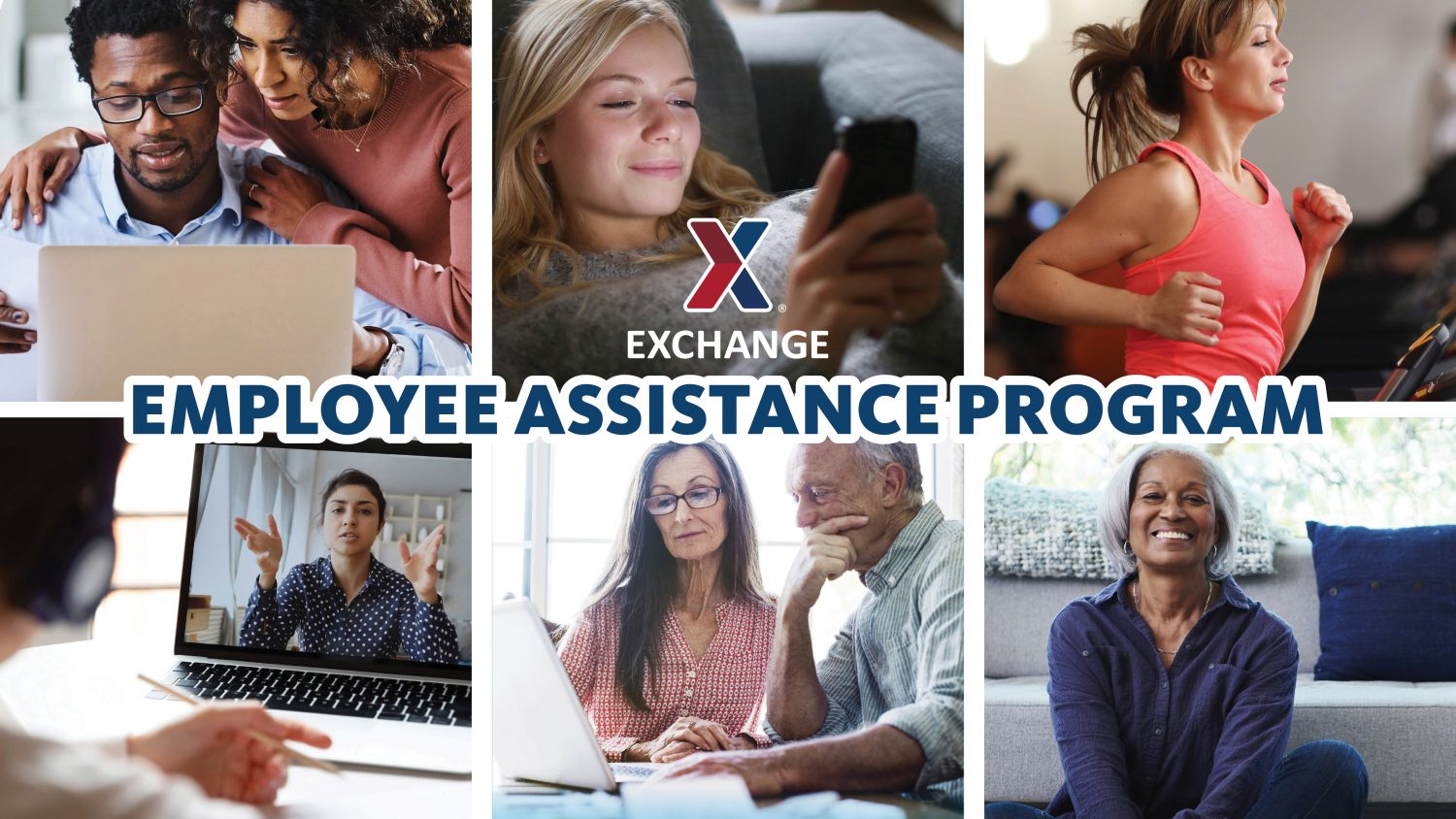Autism Acceptance Month—Supporting Neurodiverse Individuals

April is Autism Acceptance Month, a time dedicated to recognizing and celebrating neurodiversity—the beautiful spectrum of neurological differences that enrich our world. Inclusive environments that embrace neurodiversity not only support the success of all individuals but also foster understanding and acceptance within our organization and community.
When it comes to understanding neurodiversity in the workplace, neurodiverse individuals often face stigmas and discriminatory actions as other individuals with diverse ethnic, socioeconomic, religious and sexual orientation encounter daily. April is an opportunity to bring attention to the importance of accepting diversity and inclusion at the Exchange. As we strive to create an environment where everyone feels valued and supported, it’s crucial to acknowledge and embrace the unique strengths and talents that neurodivergent individuals bring to our team.
Here are some key facts to consider when embracing inclusivity:
Understanding neurodiversity: Neurodiversity encompasses a wide range of conditions, including autism spectrum disorder (ASD), attention-deficit hyperactivity disorder (ADHD), dyslexia, dyspraxia, Tourette syndrome and more.
The reality of neurodiversity: According to research conducted by Magellan Health, neurodivergent individuals account for 15% to 20% of the population, affecting millions worldwide. These conditions manifest uniquely, influencing individuals’ learning, behavior and communication styles.
Dispelling myths: It’s essential to dispel myths surrounding neurodiversity, such as the misconception that it solely refers to ASD. Neurodiversity encompasses a broad spectrum of conditions, each with its own distinct characteristics. Additionally, assuming neurodivergent individuals lack communication skills is unfounded, as many communicate effectively albeit in unique ways.
Many well-known neurodivergent individuals have made extraordinary contributions to society, including Benjamin Banneker, Bill Gates, Emma Watson, Lewis Carroll, Nikola Tesla, Simone Biles, Thomas Jefferson, Tim Burton and Michelangelo. Click here to test your knowledge of the these individuals.
To support neurodiverse colleagues, we must adapt communication styles and environments. Offering clear instructions, providing multiple channels for feedback and creating quiet workspaces can mitigate sensory overload. Fostering empathy and understanding by learning about neurodiversity and advocating for colleagues’ needs helps create inclusive workplaces.
Celebrating the unique strengths neurodivergent individuals possess challenges stereotypes and create environments where everyone can thrive. Equitable opportunities and tools enable neurodivergent individuals to achieve success on par with their neurotypical peers.
Let’s continue to champion diversity and inclusion at the Exchange, ensuring that every member of our team feels respected, appreciated and empowered to succeed.
Live Webinar —Wednesday, 10 April 24 at 1300 CST. Understanding neurodiversity in your personal and work life. Learn about neurodiversity, the value of neurodiversity at work and home; and strategies to support neurodivergent people. Click here to register.
Sources:
CASS: Famous Neurodiverse Individuals
Student News: Successful People with Neurodivergent Disabilities
Magellan Health, Inc., 2023
For more information, visit MagellanHealthcare.com or call the Employee Assistance Program for helpful resources.
EAP U.S. and Overseas Phone Numbers
United States: 800-424-5988
Belgium: 0800-819-05
Germany: 0800-180-2587
Greece: New toll-free number +8008481696; direct-dial +351214542169
Guam: 1-877-301-4773
Italy: 800-783-713
Japan: 0800-100-0074
Korea: New toll-free number +808775420; direct-dial +6566541650
Netherlands: 0800-022-2285
Turkey: 800-621-2245
United Kingdom: 0800-243-458
Overseas Direct: +351-2-1454-2186


